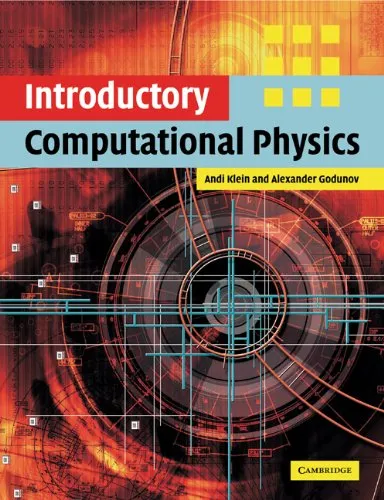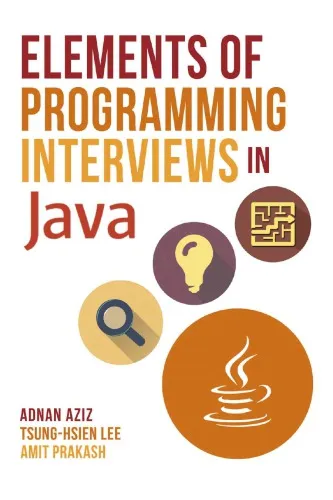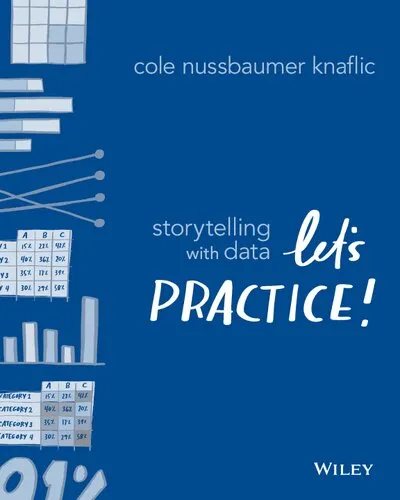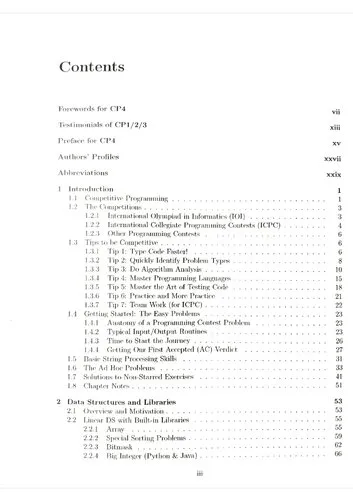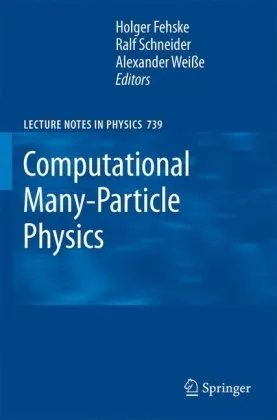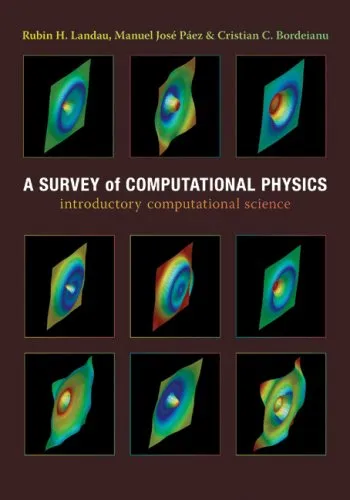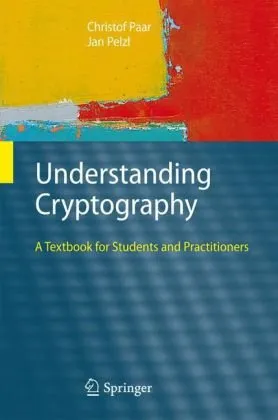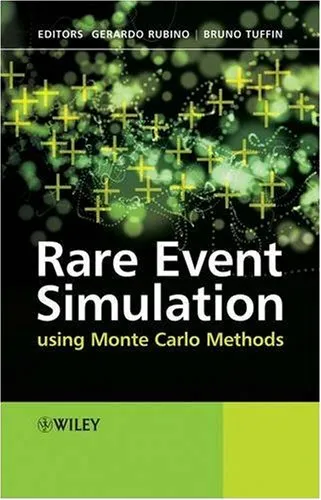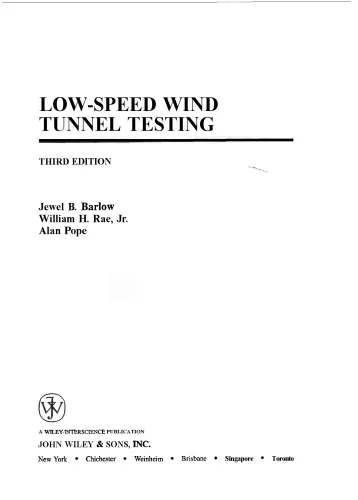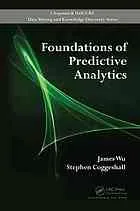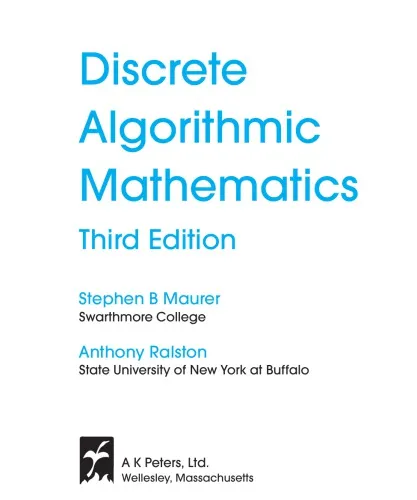Introductory computational physics
4.6
Reviews from our users

You Can Ask your questions from this book's AI after Login
Each download or ask from book AI costs 2 points. To earn more free points, please visit the Points Guide Page and complete some valuable actions.Related Refrences:
Introduction
Welcome to the multifaceted world of computational physics, where numerical algorithms and computers transform complex physical systems into solvable problems! Our book, "Introductory Computational Physics," serves as a bridge between theoretical physics and computational techniques. This introduction offers an in-depth preview of what lies ahead as you embark on your journey to mastering computational physics.
Summary
In "Introductory Computational Physics," we carefully assemble foundational materials essential for understanding the principles of computational techniques applied to physics. The core of this text lies in making physics accessible through computational methods, with clear instructions, practical examples, and well-defined exercises. The book starts with basic numerical analysis concepts, progressively introducing more complex topics such as solving ordinary and partial differential equations, molecular dynamics, Monte Carlo simulations, and spectral analysis.
Each chapter is meticulously crafted to include theoretical grounding, algorithmic implementations, and programming examples, predominantly written in languages such as Python and Fortran. We emphasize problem-solving approaches and scientific thinking, enabling students to solidify their comprehension through application and practice. Designed for undergraduate and early graduate students, the book nurtures conceptual understanding along with technical skills in computation.
Key Takeaways
- Gain a comprehensive introduction to computational methods applicable to physics.
- Develop skills in numerical analysis and algorithmic thinking.
- Learn to apply computational techniques through practical examples and exercises relevant to real-world problems.
- Understand how to utilize programming languages like Python and Fortran to implement computational algorithms.
- Explore a range of topics from basic simulations to advanced dynamic modeling techniques in physics.
Famous Quotes from the Book
"The ability to simplify the intricate through computational models is nothing short of alchemy in the hands of physicists."
"In computational physics, mastery is not just in solving equations, but in understanding the universe one simulation at a time."
Why This Book Matters
In an era defined by rapid technological advancement and data-driven insights, computational physics emerges as a critical area of study. This book serves as an invaluable resource for students and professionals alike who seek to deepen their understanding of the natural world through computation. As traditional experimental techniques meet their limitations, computational tools offer unique advantages in visualizing and analyzing physical phenomena that might be impossible or impractical to study otherwise.
The knowledge encapsulated in "Introductory Computational Physics" not only cultivates proficiency in computational methodologies but also equips readers with the intellectual tools needed to push the boundaries of contemporary physics research. Whether your goal is to pursue a career in academia, research, or industry, this book lays a robust foundation for tackling complex physical problems using computational strategies.
Free Direct Download
You Can Download this book after Login
Accessing books through legal platforms and public libraries not only supports the rights of authors and publishers but also contributes to the sustainability of reading culture. Before downloading, please take a moment to consider these options.
Find this book on other platforms:
WorldCat helps you find books in libraries worldwide.
See ratings, reviews, and discussions on Goodreads.
Find and buy rare or used books on AbeBooks.
1426
بازدید4.6
امتیاز0
نظر98%
رضایتReviews:
4.6
Based on 0 users review
Questions & Answers
Ask questions about this book or help others by answering
No questions yet. Be the first to ask!
